Accra100.5FM Dialogue: Some galamsey-ravaged water bodies regaining clarity – Cecilia Dapaah
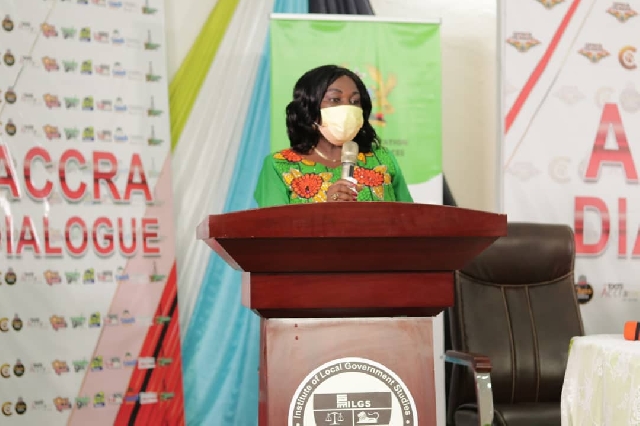 Minister of Sanitation and Water Resources, Mrs Cecilia Abena Dapaah
Minister of Sanitation and Water Resources, Mrs Cecilia Abena Dapaah
Some water bodies ravaged by illegal small-scale mining (galamsey) are regaining their clarity due to the bold steps taken by the Akufo-Addo government in fighting the environmental menace, Minister of Sanitation and Water Resources, Mrs Cecilia Abena Dapaah has said.

Speaking at the second edition of Accra100.5FM’s Dialogue at the Institute of Local Government Studies in Accra on Friday, 9 July 2021, on the theme: ‘Roadmap on Sanitation Solutions Toward the Cleaner City Agenda of the Government’, Mrs Dapaah said it is important that galamsey is tackled so as to save and preserve Ghana’s water bodies for future generations.
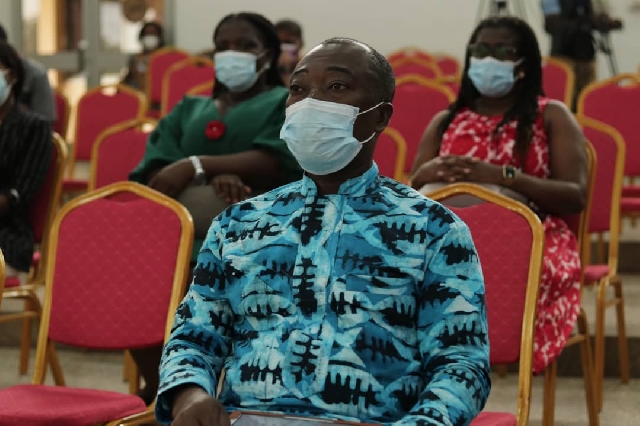
“We all know sanitation gives us all dignity, especially, we, the women and girls and the invalids and the aged”, the minister noted, adding: “Without water, we’ll all not be alive in this world”.
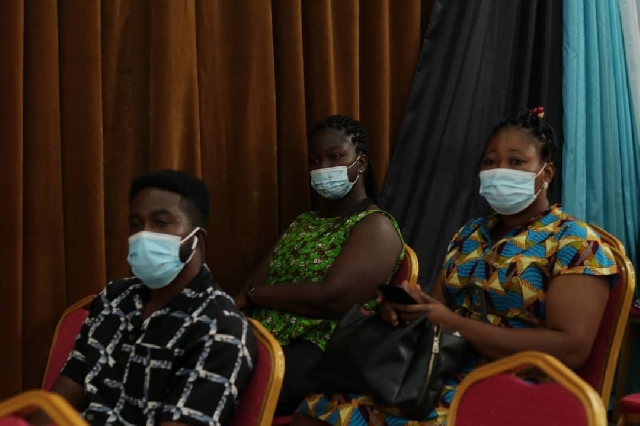
“So, I’ll use this platform, also, to entreat all of us, especially those who do galamsey, to stop doing it so that we can preserve our water bodies for the future, otherwise, in five, ten years’ time, we’ll all be lifting our hands to what we’ve to our water bodies”, the minister urged.

Currently, the government has categorised all of Ghana’s water bodies and forest reserves as ‘red zones’ and using the military, through Operation Halt II, to clamp down on all galamseyers.

They are targeting and burning, at sight, all excavators and equipment used for galamsey in the red zones.
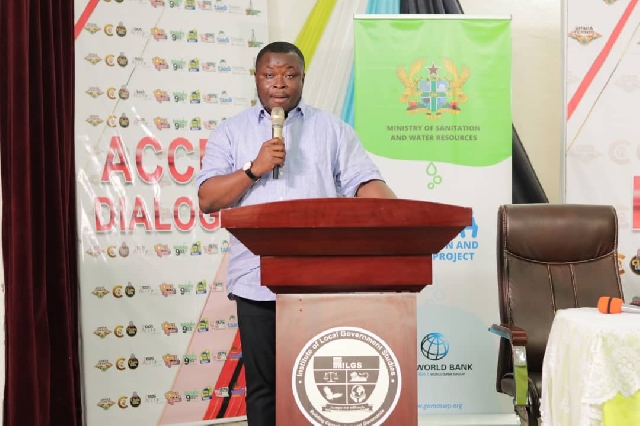
The approach was widely criticised by civil society groups, who described the method as illegal and warned it could burden the country with a lot of judgment debts in the future.

The president, however, parried the criticisms and endorsed the radical approach, saying it was necessary to defeat the problem.

According to Mrs Dapaah, the renewed fight against galamsey is yielding some positive results.
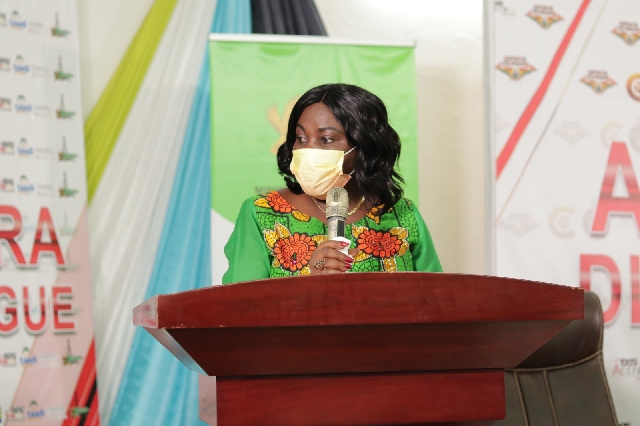
“Thank God per the turbidity levels we are getting, some of the water bodies are regaining their clarity and we hope that this war that the president has declared, will be supported by all of us to make sure we achieve our SDGs by the year 2030”, she told the audience at the Accra100.5FM Dialogue.
With regard to the provision of clean in the country, Mrs Depaah said “we have two components – Urban water and rural water. We are having a lot of reforms in the rural water [sector] to link up to the urban water [sector] because water is water. Water has no colour. Water has no name; that this water flowing is urban water, this water flowing is rural water”.
She said the two water sectors, collectively, would be making potable water accessible to some 6 million more Ghanaians.
“What we are doing in the new reforms is engaging with the communities and taking over most of the systems that are not working, which are being repaired and refurbished and improved so that we can continue to give water to our people”, she announced.
“Per the projects we have in the rural water [sector], we are going to add 1.2 million people to the accessibility of water. Again, with the urban water [sector], with the projects that we have secured funding for, we are going to provide 4.6 million people with water”.
“If you add the two figures I’m talking about, it’s almost 6 million and we'll go a long way to continue on that trajectory to achieve our SDG 6”, the minister said.
The minister commended Accra100.5FM for focusing on sanitation in the second edition of its Dialogue Series. “As I said, we are servants of the people. All that we gather here [Accra100.5FM Dialogue], we’ll have it in a report so that we can work with it. Once again, I want to commend Accra FM and all their partners”, stressing that “at the end, we’ll want to receive the report”.
Source: classfmonline.com
Trending News

Clear indication defeat staring NPP in the face - NDC
10:58
NPP sets up disability secretariat
02:46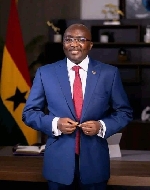
Bawumia jets to Italy for bilateral discussions with Pope
13:14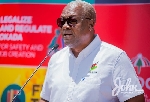
Train crash: I'd be asking some serious questions were I president – Mahama
07:02
Asantehene commends Matthew Opoku Prempeh for conceiving GENSER Kumasi Pipeline Project
01:37
Dumsor must stop demo part 2: We’ll choose how we demonstrate and who to partner – Franklin Cudjoe replies Yvonne Nelson
10:17
Struggle for next NDC leader'll make Mahama gov't lose focus if he wins 2024 polls - Afenyo-Markin says Bawumia 'better' option
14:16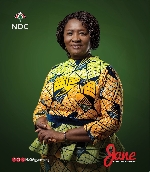
Naana Jane embodies authority and authenticity - Joyce Bawah insists
12:58
Train crash man jailed six months
13:36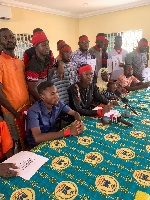
Jobless teachers threaten street demonstrations
11:57



